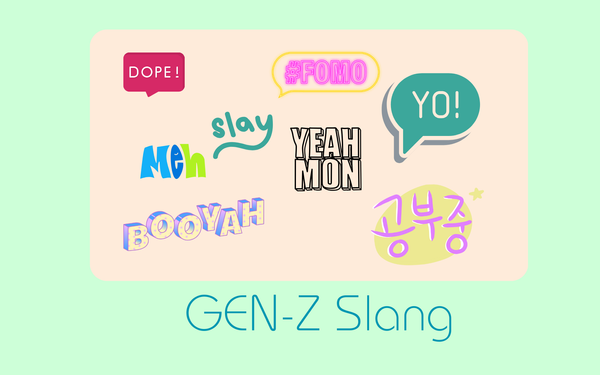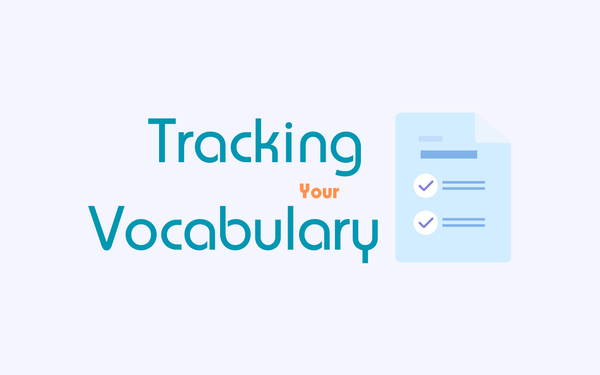20 Fancy Synonyms for Common Words to Elevate Your Vocabulary
Fancy synonyms can be a powerful tool for elevating your writing and adding depth and nuance to your prose.

Are you tired of using the same old words in your writing? Do you want to add a touch of sophistication and flair to your prose? Look no further than fancy synonyms! These words can add depth and nuance to your writing, making it more engaging and interesting to read.
But what exactly are fancy synonyms? Essentially, they are more elaborate or sophisticated words that can be used in place of common ones. They can help you to express your ideas more precisely and can even make you sound more intelligent and well-read.
Here are 20 fancy synonyms for common words that you can start using in your writing today:
1. Abode - Instead of saying "house" or "home," try using the word "abode." This term has a more regal and sophisticated feel to it, and can be used to describe any type of dwelling, from a small apartment to a grand mansion.
2. Accouterments - Instead of saying "accessories" or "belongings," try using the word "accouterments." This term has a more formal and sophisticated sound, and can be used to describe any type of item that is used to enhance or complete an outfit or a setting.
3. Aggrandize - Instead of saying "make something bigger or more important," try using the word "aggrandize." This term has a more formal and sophisticated sound, and can be used to describe the act of making something appear more impressive or significant.
4. Ameliorate - Instead of saying "make something better," try using the word "ameliorate." This term has a more formal and sophisticated sound, and can be used to describe the act of improving or enhancing something.
5. Anathema - Instead of saying "hated" or "despised," try using the word "anathema." This term has a more formal and sophisticated sound, and can be used to describe something that is strongly disliked or rejected.
6. Avarice - Instead of saying "greed" or "avariciousness," try using the word "avarice." This term has a more formal and sophisticated sound, and can be used to describe an extreme or excessive desire for wealth or material possessions.
7. Benevolence - Instead of saying "kindness" or "generosity," try using the word "benevolence." This term has a more formal and sophisticated sound, and can be used to describe a desire to do good and help others.
8. Callow - Instead of saying "immature" or "naive," try using the word "callow." This term has a more formal and sophisticated sound, and can be used to describe someone who is inexperienced or lacking in judgment.
9. Chagrin - Instead of saying "disappointment" or "regret," try using the word "chagrin." This term has a more formal and sophisticated sound, and can be used to describe a feeling of embarrassment or shame.
10. Conflagration - Instead of saying "fire" or "blaze," try using the word "conflagration." This term has a more formal and sophisticated sound, and can be used to describe a large and destructive fire.
11. Demesne - Instead of saying "property" or "estate," try using the word "demesne." This term has a more formal and sophisticated sound, and can be used to describe a large piece of land or property that is owned by someone.
12. Disparate - Instead of saying "different" or "varied," try using the word "disparate." This term has a more formal and sophisticated sound, and can be used to describe things that are distinct and unrelated.
13. Effulgence - Instead of saying "brightness" or "radiance," try using the word "effulgence." This term has a more formal and sophisticated sound, and can be used to describe a brilliant and shining light.
14. Ennui - Instead of saying "boredom" or "apathy," try using the word "ennui." This term has a more formal and sophisticated sound, and can be used to describe a feeling of listlessness or dissatisfaction.
15. Fastidious - Instead of saying "picky" or "meticulous," try using the word "fastidious." This term has a more formal and sophisticated sound, and can be used to describe someone who is very particular and fussy about details.
16. Gallimaufry - Instead of saying "jumble" or "mishmash," try using the word "gallimaufry." This term has a more formal and sophisticated sound, and can be used to describe a confused or disorderly collection of things.
17. Hackneyed - Instead of saying "cliche" or "overused," try using the word "hackneyed." This term has a more formal and sophisticated sound, and can be used to describe something that is trite or lacking in originality.
18. Ignominious - Instead of saying "shameful" or "disgraceful," try using the word "ignominious." This term has a more formal and sophisticated sound, and can be used to describe something that is humiliating or discreditable.
19. Jocular - Instead of saying "funny" or "humorous," try using the word "jocular." This term has a more formal and sophisticated sound, and can be used to describe something that is intended to be amusing or entertaining.
20. Kowtow - Instead of saying "obey" or "submit," try using the word "kowtow." This term has a more formal and sophisticated sound, and can be used to describe the act of showing excessive deference or submission to someone.
Fancy synonyms can be a powerful tool for elevating your writing and adding depth and nuance to your prose. By incorporating these 20 fancy synonyms into your writing, you can make your words more interesting and engaging, and can even make yourself sound more intelligent and well-read.
So don't be afraid to try out these fancy synonyms in your writing, and see how they can help you to express your ideas more precisely and effectively.




